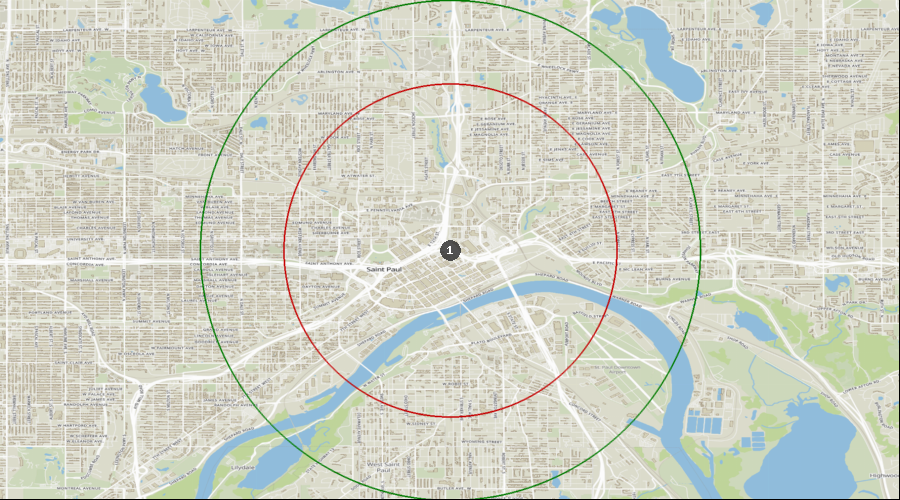


| Population, 2025 | 87,653 | 5,826,205 * | 338,440,954 * |
| Population >= 18 Years old | 76.1% | 77.7% * | 79.0% * |
| Population < 18 Years old | 23.9% | 22.3% * | 21.0% * |
| Projected Population, 2030 | 89,184 | 5,942,546 | 344,873,411 |
| Median Age | 33.7 | 39.0 | 39.3 |
| Projected population growth, 2025 to 2030 | 1.7% | 2.0% | 1.9% |
| New Projected Residents Added in the Next 5 Years (2025-2030) | 1,531 | 116,341 | 6,432,457 |
| New Projected Households Added in the Next 5 Years (2025-2030) | 581 | 60,551 | 4,214,006 |
| * | There may be a slight difference between the population numbers and the percentage breakdown noted in the location table above compared with the US Census data. The data above is from ESRI, a more frequently updated source. | ||||||||||||